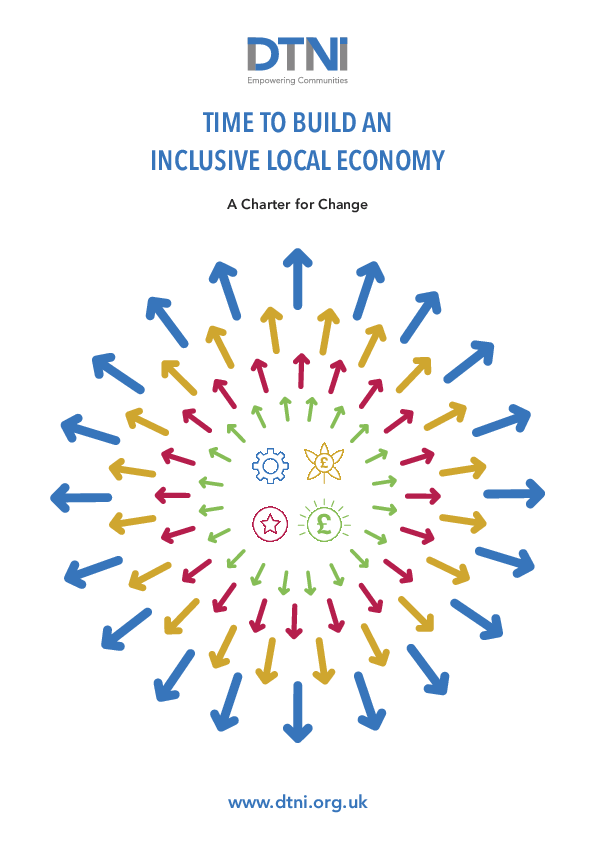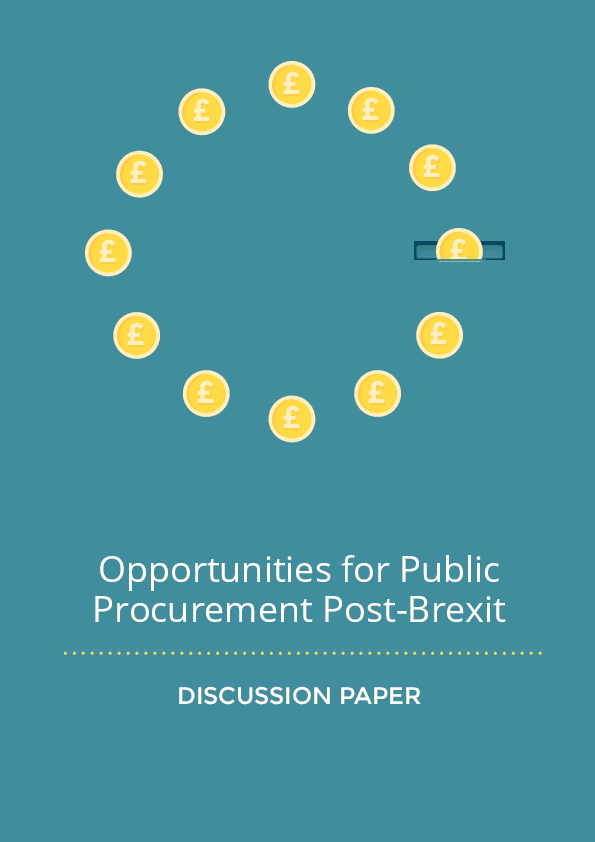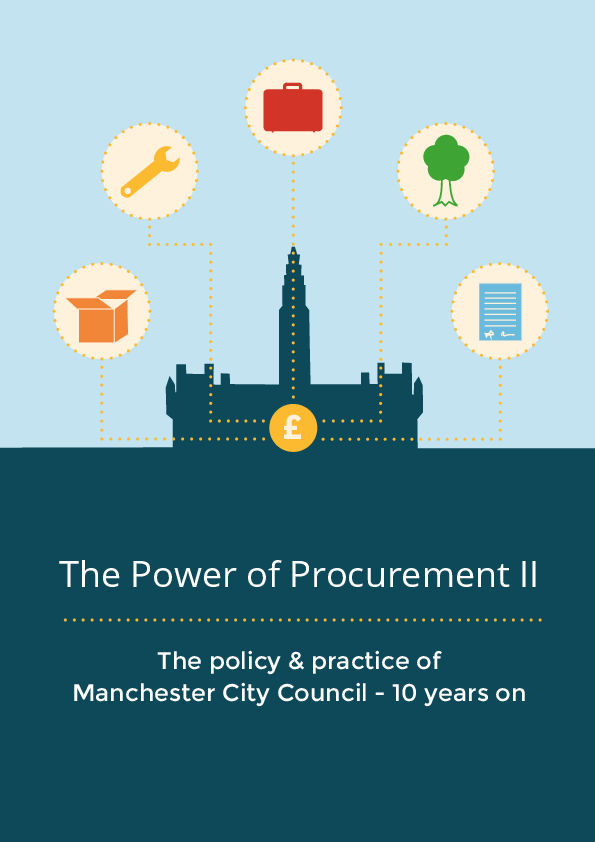
Historically Small to Medium Sized Enterprises (SMEs) have faced a range of barriers in accessing procurement opportunities and in winning contracts. These barriers include: contracting authorities being unaware of SMEs and the types of goods and services they can potentially provide; SMEs viewing the procurement process, often rightly, as overly bureaucratic; SMEs not having the capacity to bid for opportunities and compete with large business; and the process of procurement often being undertaken on the basis of cost thus ruling out the ability of SMEs to demonstrate their wider value.
Whilst these barriers still exist, the European Procurement Directives of 2014 have a specific focus on supporting SMEs to engage with procurement processes. There is a specific emphasis upon: contracting authorities simplifying the process of procurement; contracting authorities breaking opportunities down into smaller lots; and reducing the levels of turnover required to participate in tendering exercise. At the last meeting of the Procure network held in Koprivnica, Croatia in March 2017, we wanted to explore how the above principles were translating into reality at the city level and what activities could be undertaken by cities to more effectively engage SMEs and local organisations in procurement. Collectively we identified 10 key ways which relate to common barriers:










